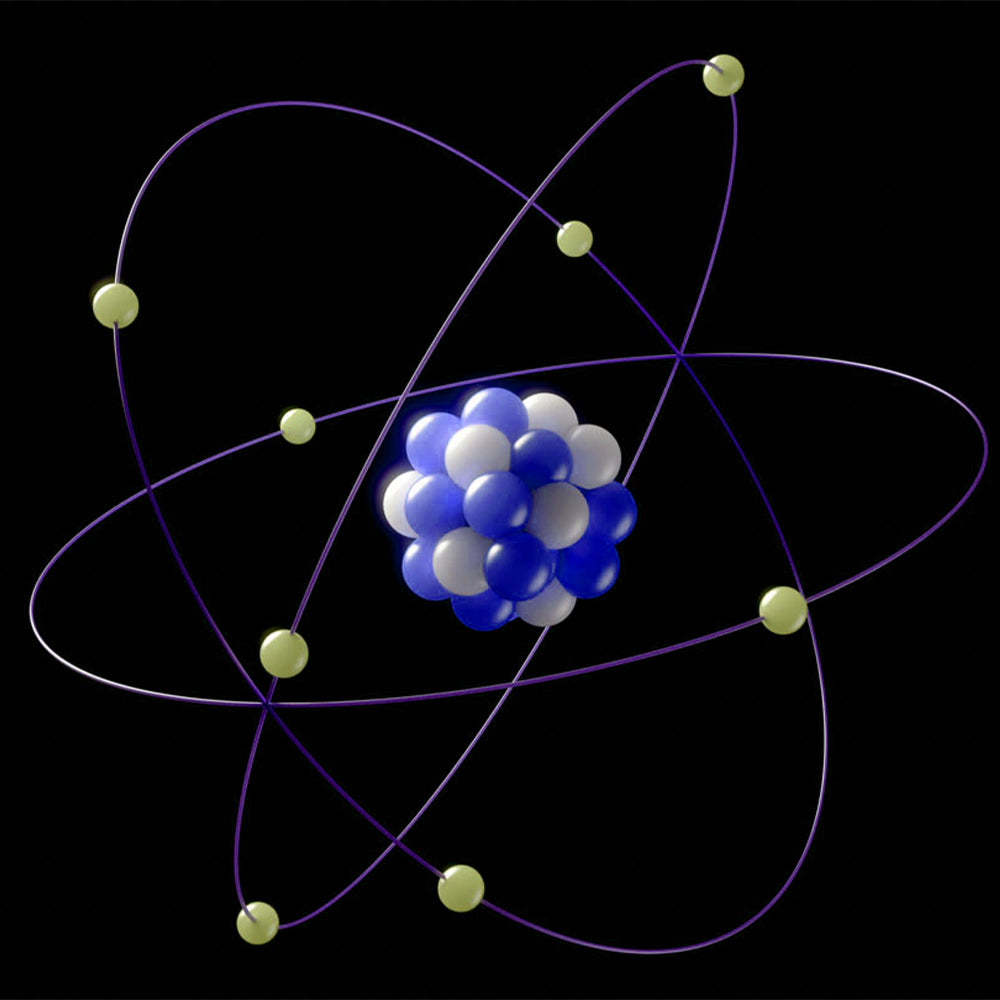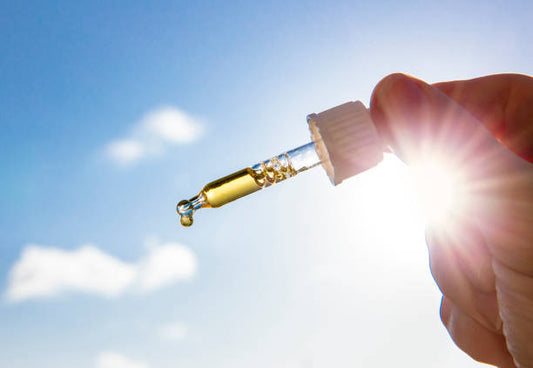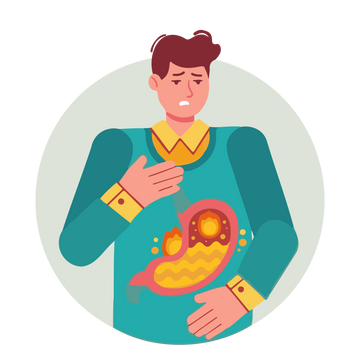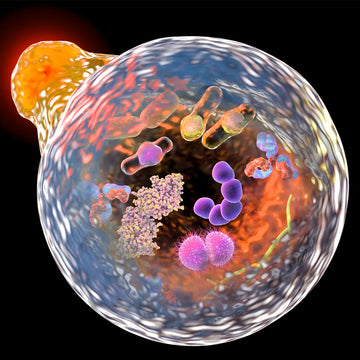Discover Related Products
Now explore supplements designed to support Longevity, Gut Health & Cellular Vitality.
CITOZYM - Support Natural Detox, Immune and Longevity Support
The Importance of Electrons in Human Biology

Electrons, negatively charged subatomic particles, are fundamental to human biology. They play a vital role in numerous processes, including energy metabolism, nerve transmission, protection against oxidative damage, and the synthesis of biomolecules. Understanding the role of electrons in human biology is essential for advancements in medical and scientific fields.
Role of Electrons in Energy Metabolism
Cellular Respiration
In the human body, cellular respiration is the primary process through which cells produce energy. This occurs in the mitochondria, where glucose is oxidized in the presence of oxygen, producing ATP, the main energy source for cells. The transfer of electrons is crucial in this process.
-
Glycolysis: During glycolysis, a glucose molecule is split into two molecules of pyruvate, producing NADH and a small amount of ATP. Electrons are transferred from intermediates to NAD+, forming NADH (1).
-
Krebs Cycle: In the Krebs cycle, pyruvate is further oxidized, producing NADH and FADH2. These electron carriers transport electrons to the electron transport chain in the mitochondria (1).
-
Oxidative Phosphorylation: During oxidative phosphorylation, electrons are transferred through a series of protein complexes in the inner mitochondrial membrane, creating a proton gradient that drives the synthesis of ATP via ATP synthase (1).
Role of Electrons in Mitochondrial Disease
Mitochondrial diseases often result from defects in the electron transport chain, impairing the cell's ability to produce ATP. This can lead to a wide range of symptoms, including muscle weakness, neurological problems, and multi-organ dysfunction (2).
Electrons and Nerve Transmission
Electrons are essential for communication between nerve cells. Nerve impulse transmission occurs through action potentials, which are rapid changes in the electrical potential of the cell membrane due to the movement of ions, including electrons, through specific ion channels.
- Action Potential: It begins with a depolarization of the cell membrane caused by the opening of sodium channelsand the influx of sodium ions into the cell. This change in membrane potential triggers the opening of potassium channels, allowing potassium ions to exit the cell and restore the resting potential (3).
- Neurotransmitters: Chemical molecules that transmit signals between neurons, such as acetylcholine, influence ion channels and thus the flow of electrons, modulating nerve signal transmission (3).
Implications for Mental Health
Disorders such as epilepsy, depression, and Parkinson's disease are associated with dysfunctions in electron transfer and regulation of action potentials. For example, antiepileptic drugs often aim to stabilize ion flow and therefore electron movement across neuronal membranes (4).
Antioxidant Defense
Electrons are crucial for the body's defense against oxidative stress, caused by reactive oxygen species (ROS). Antioxidants, such as vitamin C and vitamin E, donate electrons to ROS, neutralizing them and preventing cellular damage.
- ROS and Cellular Damage: ROS, such as hydrogen peroxide and hydroxyl radicals, can damage DNA, proteins, and lipids, leading to cellular dysfunction and disease (5).
- Antioxidants: Antioxidants neutralize these reactive species by donating electrons, transforming them into less reactive molecules and preventing cellular damage (5).
Role of Antioxidants in Disease
A deficit in antioxidant capacity can contribute to the development of chronic diseases such as cancer, diabetes, and cardiovascular diseases. Studies have shown that increasing antioxidant intake can reduce the risk of these diseases by neutralizing ROS and preventing cellular damage (6).
DNA and Protein Synthesis
Electrons are involved in the synthesis of DNA and proteins, processes essential for cellular growth and replication.
- DNA Synthesis: During DNA replication, electrons are transferred between nitrogenous bases, facilitating the formation of phosphodiester bonds between nucleotides. DNA polymerase, the enzyme responsible for DNA synthesis, requires electrons for its catalytic activity (1).
- Protein Synthesis: In protein synthesis, electron transfer is crucial during the translation of mRNA in ribosomes. Amino acids are activated and linked to tRNA through reactions involving electron transfer (1).
Health Impacts
Errors in electron transfer during DNA synthesis can lead to genetic mutations, which are at the root of many genetic diseases and cancers. Understanding these mechanisms has led to the development of targeted therapies, such as PARP inhibitors, used in the treatment of certain types of cancer (7).
Conclusion
Electrons are fundamental components in the biological processes that sustain human life. From energy metabolism to cellular communication, to defense against oxidative stress and the synthesis of DNA and proteins, the role of electrons is essential and complex. Understanding these mechanisms can lead to significant advances in molecular biology and medicine, improving our ability to treat and prevent diseases.
References
- Berg, J. M., Tymoczko, J. L., & Stryer, L. (2015). Biochemistry (8th ed.). W. H. Freeman.
- DiMauro, S., & Schon, E. A. (2003). Mitochondrial Respiratory-Chain Diseases. New England Journal of Medicine, 348(26), 2656-2668.
- Kandel, E. R., Schwartz, J. H., & Jessell, T. M. (2013). Principles of Neural Science (5th ed.). McGraw-Hill.
- McNamara, J. O. (1994). Cellular and molecular basis of epilepsy. Journal of Neuroscience, 14(6), 3413-3425.
- Halliwell, B., & Gutteridge, J. M. C. (2015). Free Radicals in Biology and Medicine (5th ed.). Oxford University Press.
- Frei, B., & Trabe, M. G. (2001). The new US Dietary Reference Intakes for vitamins C and E. Redox Report, 6(1), 5-9.
- Lord, C. J., & Ashworth, A. (2012). The DNA damage response and cancer therapy. Nature, 481(7381), 287-294.







No comments